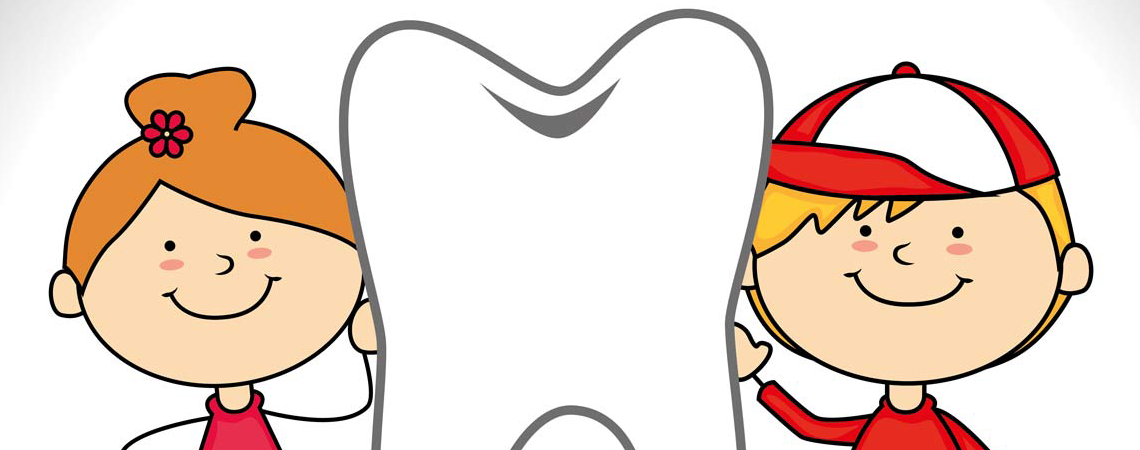The practice is committed to complying with the Data Protection Act 1998, the General Data Protection Regulation (GDPR), GDC and other standards.
The practice only keeps relevant information about patients to provide them with safe and appropriate dental care.
The person responsible for Data Protection is DR. LISA HEWITSON
Our legal basis for processing data is:
⦁ Consent
⦁ Processing is necessary for the purposes of preventative or occupational medicine, for assessing the working capacity of the employee, medical diagnosis, the provision of health or social care or treatment or management of health or social care systems and services on the basis of Union or Member State law or a contract with a health professional.
⦁ Hard copy and computerised records are stored, reviewed and updated securely and confidentially. Records are securely destroyed when no longer required.
To facilitate patients' health care, the personal information may be disclosed to a dentist, doctor, health care professional, hospital, NHS authorities, HMRC or private dental schemes of which the patient is a member
All confidential information is sent via secure methods. Electronic communications and stored data are secure. All computerised clinical records are backed up and encrypted copies are kept off-site.
In line with GDPR - as we have your personal details on our database, we also need to confirm that you are happy for us to continue to contact you via email, SMS or post letters.

